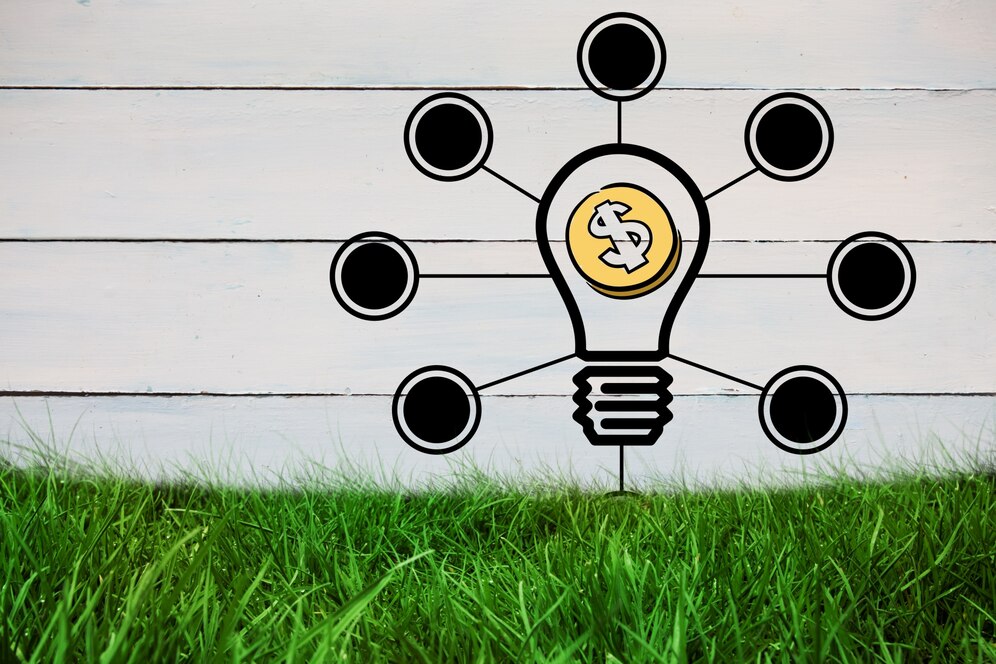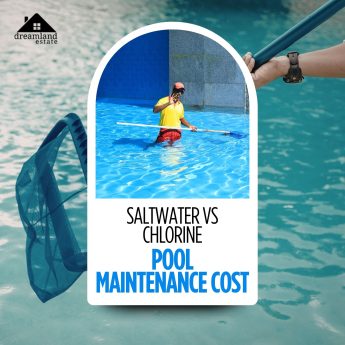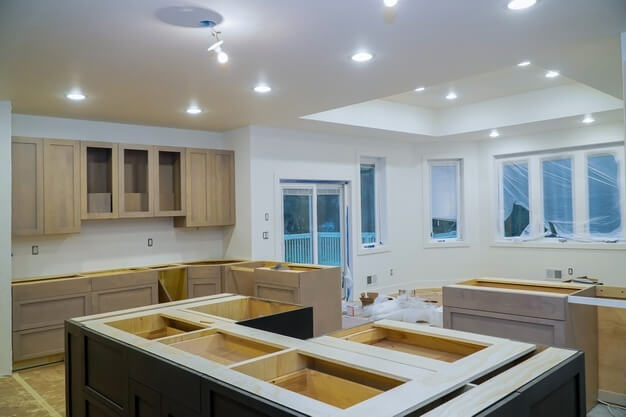Energy Efficiency 101: How To Reduce Your Home’s Energy Consumption

In today’s world, where environmental concerns are at the forefront, energy efficiency is more than just a buzzword—it’s a necessity. Reducing your home’s energy consumption not only benefits the planet but also your wallet.
In this comprehensive guide, we’ll explore ten practical ways to enhance your home’s energy efficiency. From simple behavioral adjustments to significant home improvements, we’ll provide you with the knowledge you need to make your home more energy-efficient and environmentally friendly.
1. Conduct an Energy Audit

The first step in reducing your home’s energy consumption is to conduct an energy audit. This assessment helps identify areas where energy is being wasted and where improvements can be made. Many utility companies offer free or discounted energy audits, or you can hire a professional to conduct a thorough examination.
The audit will examine your home’s insulation, heating and cooling systems, appliances, and lighting to determine their energy efficiency. Based on the findings, you’ll receive recommendations on how to improve your home’s energy usage, which can range from simple fixes like sealing air leaks to more significant investments like upgrading your HVAC system.
2. Solar Power: A Bright Idea
Embracing solar power is a powerful way to reduce your home’s energy consumption. Installing solar panels can significantly decrease your reliance on the grid, leading to lower energy bills and a smaller carbon footprint.
Choose a reputable provider with experience in residential solar projects. If you’re unsure where to find one, you can start by searching on Google with the keyword solar installation company near me.
Solar power not only provides clean, renewable energy but also increases your home’s value. With advancements in technology, solar panels have become more efficient and affordable, making them an excellent investment for homeowners looking to reduce their energy costs and contribute to a more sustainable future.
3. Upgrade to Energy-Efficient Appliances
Older appliances tend to be less energy-efficient, consuming more power than their modern counterparts. Upgrading to Energy Star-certified appliances can make a significant difference in your home’s energy consumption. These appliances are designed to use less energy and water without compromising performance.
When shopping for new appliances, look for the Star labels denoting the use of energy, which indicates that the product complies with the stiff energy efficiency guidelines set by the U.S. Environmental Protection Agency.
Upgrading to energy-efficient appliances not only reduces your energy bills but also minimizes your environmental impact. From refrigerators to washing machines, choosing Energy Star-certified appliances is a smart investment in your home’s energy efficiency.
4. Insulate Your Home
Proper insulation is crucial for maintaining a comfortable temperature in your home and reducing energy consumption. Insulation helps keep warm air inside during the winter and cool air inside during the summer, reducing the need for heating and cooling. Check your attic, walls, and floors to ensure they are adequately insulated.
Adding insulation to these areas can significantly improve your home’s energy efficiency and comfort. Additionally, sealing gaps and cracks around doors and windows can prevent drafts and further reduce energy loss. Investing in insulation and sealing leaks is a cost-effective way to enhance your home’s energy efficiency and reduce your heating and cooling bills.
5. SHIFTING To LED Lighting

One of the effective and simplest ways to reduce energy consumption in your home is to shift to LED lighting. LED bulbs employ u to 90% less energy when juxtapositioned with incandescent bulbs and last up to 25 times longer. This means you’ll save money on both energy bills and replacement costs.
LED bulbs are available in various colors and brightness levels, making it easy to find the perfect lighting for every room in your home. Additionally, LED lighting produces less heat, reducing the need for cooling in warmer months. By replacing your old bulbs with energy-efficient LED lights, you can significantly decrease your home’s energy consumption and contribute to a more sustainable future.
6. Use Smart Thermostats
Smart thermostats are a game-changer in managing your home’s energy consumption. These devices allow you to control your heating and cooling systems remotely via your smartphone or computer. With features like learning your schedule and adjusting temperatures accordingly, smart thermostats ensure that you’re not wasting energy on heating or cooling an empty home.
Some models even provide energy usage reports, helping you identify further opportunities for savings. By optimizing your home’s temperature settings and adapting to your lifestyle, smart thermostats can significantly reduce your energy bills while enhancing your comfort.
7. Embrace Natural Lighting
Maximizing natural light in your home can reduce the need for artificial lighting during the day. Consider installing larger windows or skylights to brighten up your living spaces with sunlight. Using light-colored curtains or blinds can also help reflect natural light deeper into your rooms.
In addition to reducing energy consumption, natural lighting has been shown to improve mood and productivity. By making simple changes to enhance natural light in your home, you can enjoy a brighter, more energy-efficient living environment.
8. Implement Water-Saving Measures
Water conservation is an essential aspect of energy efficiency, as heating water accounts for a significant portion of household energy use. Installing low-flow showerheads and faucets can drastically reduce water consumption without sacrificing performance.
Additionally, fixing leaks and insulating hot water pipes can prevent water waste and energy loss. Consider using a tankless water heater or a solar water heating system to further increase efficiency. By adopting water-saving measures, you can lower your energy bills and conserve a vital resource.
9. Practice Energy-Saving Habits
Adopting energy-saving habits can have a substantial impact on reducing your home’s energy consumption. Simple actions like turning off lights when leaving a room, unplugging electronics when not in use, and using appliances during off-peak hours can lead to significant savings.
Additionally, being mindful of your thermostat settings and avoiding overuse of heating and cooling systems can further reduce energy usage. By making small changes in your daily routine, you can contribute to a more energy-efficient home.
10. Invest in Renewable Energy

Investing in renewable energy sources, such as solar panels or wind turbines, can significantly reduce your reliance on non-renewable energy and lower your carbon footprint. These systems can provide clean, sustainable energy to power your home, potentially even allowing you to sell excess electricity back to the grid.
While the initial investment may be substantial, the long-term savings on energy bills and the positive environmental impact make it a worthwhile consideration for homeowners looking to reduce their energy consumption.
Conclusion
Reducing your home’s energy consumption is not only beneficial for the environment but also for your wallet. By implementing the strategies outlined in this guide, from conducting energy audits to investing in renewable energy, you can make your home more energy-efficient and sustainable.
Each step, no matter how small, contributes to a larger effort to conserve energy and protect our planet. As you embark on this journey to reduce your home’s energy consumption, remember that every action counts, and together, we can create a more energy-efficient and environmentally friendly future.
Read Also:











Leave A Reply